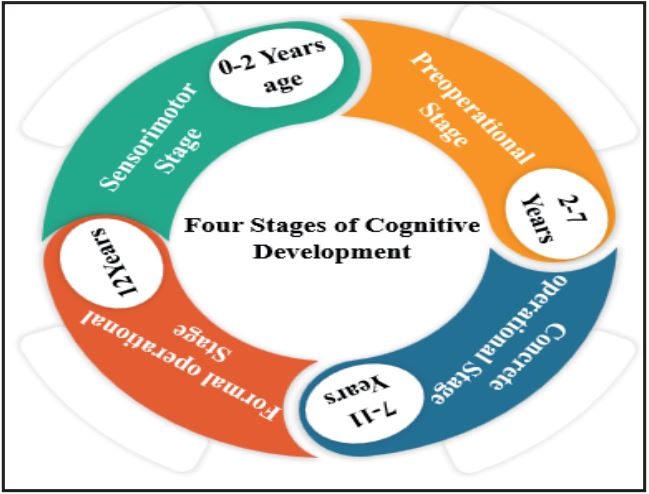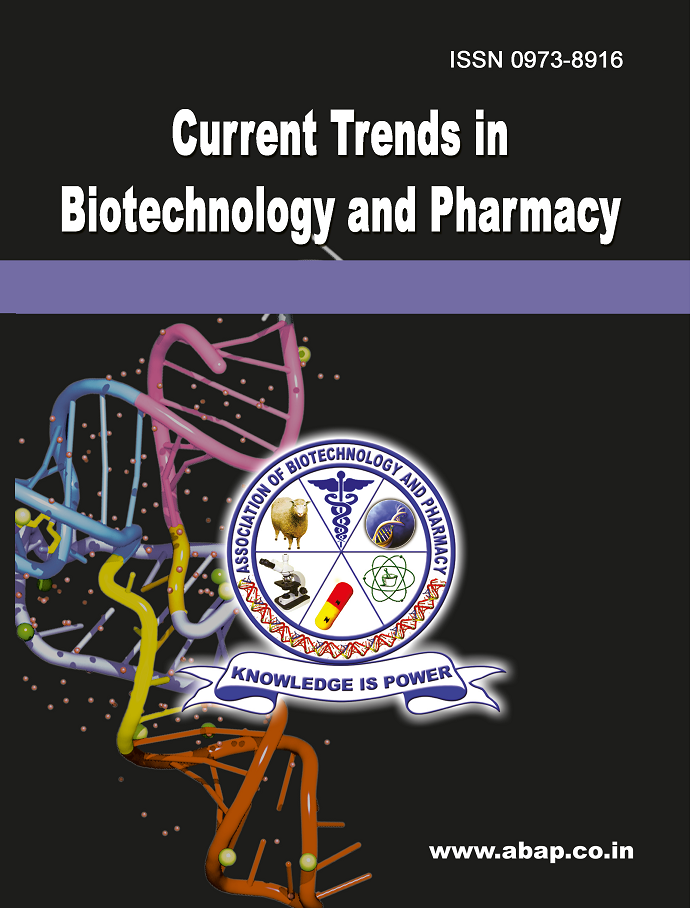Molecular Studies to Understand Brain Networking in Linguistic, Cognition and Emotions: Current and Future Challenges.
DOI:
https://doi.org/10.5530/ctbp.2024.3.35Keywords:
Human Brain, Language, Alertness, Orientation, Cognition, Clinical Factors, Neurochemicals, NetworkingAbstract
Bilingual language process is a key factor in left side of the brain. The cognition of the learning modalities is very crucial for assimilation, organization, and interpretation of knowledge. The neurochemical events like estrogen, testosterone, dopamine 5HT, Oxytocin, nerve growth factor (NGF) play as neuro-endocrine brain axis for learning to cognition. The human cognition recognises the language in five stages that is input, status of language, getting access over the literature of that language, interaction with family, and finally social network communication. The factors influence the bilingual aspects include language exposure, genes, perception and receiving, neurochemical pathways, social communication, and environmental conditions. Apart from these elements the other external influencing factors like health humanities and technological advances and make a lot of impact on cognition processes and mental health.



